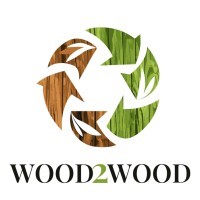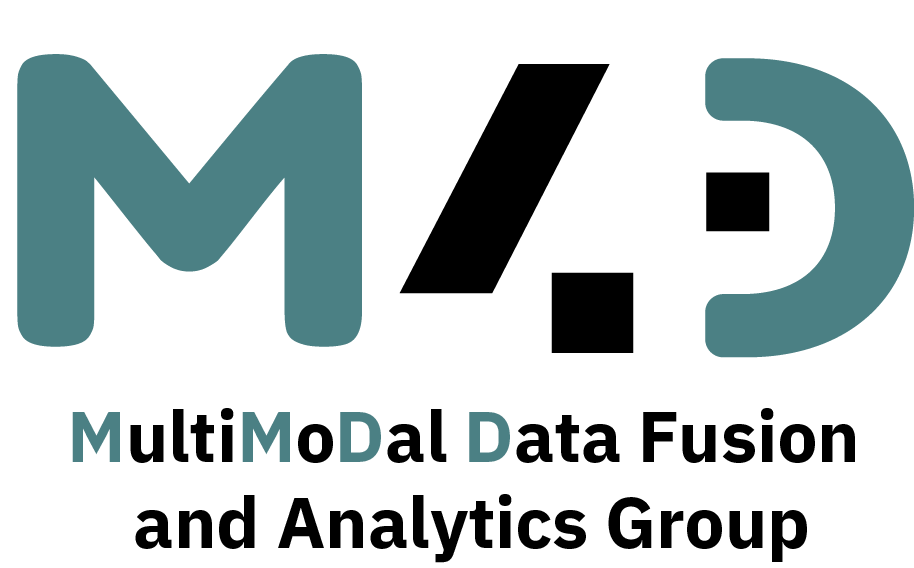
W2W
A Wood-to-Wood Cascade Upcycling Valorisation Approach
The W2W project will produce and validate a comprehensive framework for multi-dimensional cascade valorisation of wood from C&D and furniture waste, consisting of four core components: 1) Advanced separation & sorting technologies: Adaptive Separation and Sorting system based on cascade valorisation thresholds, making use of human-robot collaboration and mixed reality technologies 2) Upcycling Processes and Technologies: mechanical, chemical, and bioremediation processes to recover wood or resources from waste and use them in new products which have the same quality as the ones produced by primary resources3) Digital Tools for Improving Circular Flows of Secondary Materials: LCA-based tool to predict and assess the impact of different cascade paths, Supply Chain Management Tool for the optimisation of upcycling of secondary materials, Digital Product Passport, and Digital Platform for circularity/upcycling information exchange.4) Supportive Framework in Policy, Market, and Skills: Framework for CDW Cascade Valorisation, Harmonised Waste Wood Classification Framework, skills development, contribution to standards and certification schemes, business models. W2W will demonstrate efficient and sustainable value chains in 3 Use Cases for the production of: wood without pollutants; biocomposite building materials; biopolymers; polyols; chemical detergents; and the recovery of nutrients, through the use of technologies and tools that allow the selection of optimal cascade paths for further uses of wood products and their materials. The W2W holistic approach will reduce the demand for virgin materials, reduce the amount of waste that ends up in landfills or incineration facilities, allow for the creation of new value-added products from waste materials, and support the transition towards a circular economy by promoting closed loop systems where materials are continually repurposed and reused, extending their useful life.
M4D is responsible for developing an end-to-end tracing module and W2W Digital Product Passport (DPP) to facilitate the storage and sharing of manufacturing data related to wood waste materials. The primary objective is to create interfaces, interface standards, and interface protocols that will allow for reliable and effective data exchange between various computer-aided manufacturing systems and stages. The collection, management, and sharing of multi-source, large-scale manufacturing data across various devices will be handled by a smart platform. The developed DPP will direct knowledge management and information flow for upcycling wood waste materials by utilising Explainable AI algorithms. To help with decision-making and direct the best configuration strategies for the recycling and reuse of wood waste materials, Machine Learning knowledge will be used to provide data that is interpretable, consistent, and compatible.

